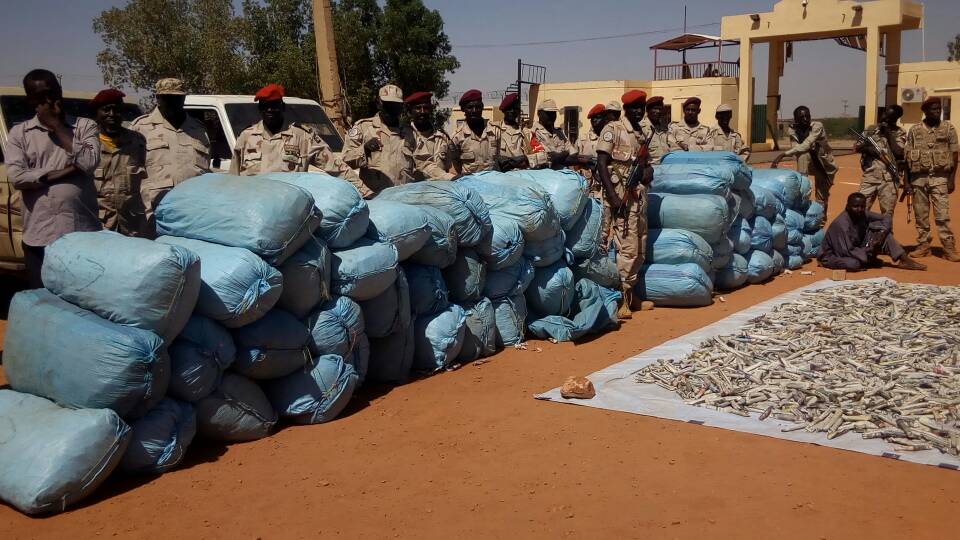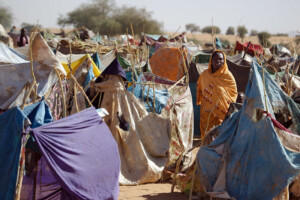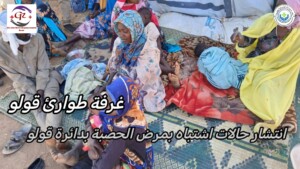Sudan to intensify drugs clampdown

A large haul of cannabis seized by police in South Darfur (File photo)
KHARTOUM / EL FASHER –
The Khartoum state Security Coordination Committee has decided to increase and intensify patrols to combat drug abuse, which has increased significantly in past years. Activists previously voiced feared that anti-drug controls will be used to clamp down on pro-democracy protesters.
In a meeting chaired by Acting Governor of Khartoum Ahmed Osman Hamza on Wednesday, the committee discussed the implementation of the presidential directives for mobilising the state and civil society organisations to combat drugs.
In a press statement following the meeting, the security committee said that “community security points” will be set up in the neighbourhoods with the participation of the residents “to monitor negative phenomena and secure the neighbourhoods”.
The committee will mobilise civil society organisations to organise awareness campaigns, intensify media reports, and inaugurate an Anti-Drugs Council, “with the participation of all working and interested parties in the case”.
The meeting also reviewed the progress of the state’s security plan to combat the increasing cases of petty crimes in the region. It praised the results achieved by police stations and patrols.
As previously reported by Radio Dabanga, North Darfur Wali (governor), Nimir Abdelrahman, has also voiced his concerns following a regular meeting held in Kabkabiya with the directors of the state’s 18 localities on Wednesday.
In an interview with Radio Dabanga, the Darfur governor said that “the insecurity and spread of narcotics become a threat to the people of the state” and required a “concerted effort to combat these phenomena“.
Drugs and politics
Five months ago, Radio Dabanga published a feature article on the under-reported issue of Sudan’s drug trade, corruption, and increased substance abuse, especially among youth.
Activists have since warned that an anti-drug clampdown by the current military junta could be used as a pretext to justify a clampdown on resistance committees and other pro-democracy activists or civil society groups.
They also said that cover-ups by the Sudanese police, “facilitated the import and selling of narcotics”. The Radio Dabanga feature also mentioned drugs-related corruption involving security forces and government officials.











 and then
and then